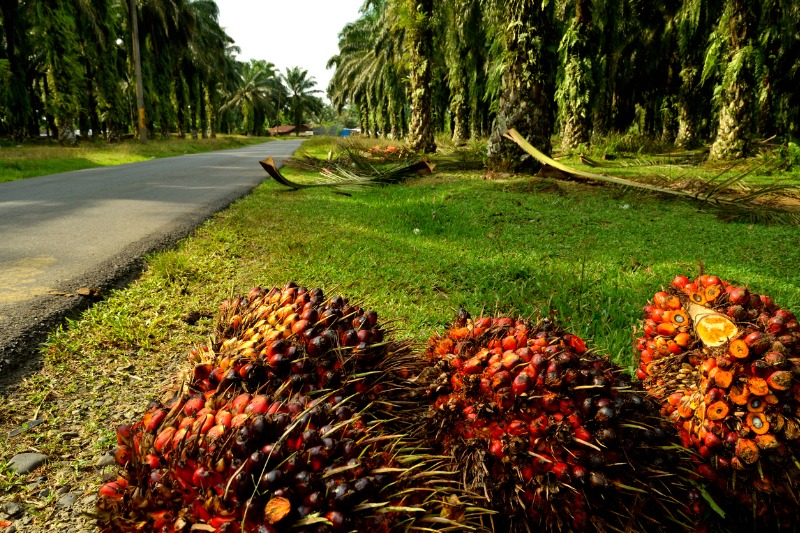Malaysian Prime Minister Datuk Seri Ismail Sabri Yaakob has announced that Malaysia is aiming to establish itself as a biomass hub, in keeping with the country’s status as the second largest palm oil producer and biggest biomass industry contributor. The announcement was made during the Malaysia International Agricommodity Expo and Summit (MIACES) 2022, a trade show for palm oil, rubber, timber products, cocoa, pepper, and kenaf.
Ismail stated that the government has identified biomass sources as the source for value-added products and will enhance efforts to use materials derived from agricommodity by-products to minimize waste and generate more revenue through a circular economy. At present, the Malaysian Plantation Industries and Commodities Ministry is gathering data before starting the biomass plant project. In addition, the Malaysian Palm Oil Board (MPOB) and several local firms are collaborating with state-owned enterprises in China to create hydro-treated vegetable oil (HVO) and sustainable aviation fuel (SAF), with an MYR 6 billion investment value.
Companies from Malaysia include Pengerang Maritime Industries Sdn Bhd (Benalec) and Sabah Oil and Gas Development Corporation, while firms from China include Shanxi Construction Investment Group Co Ltd (SCIG) and the Institute of Coal Chemistry, Chinese Academy of Sciences (ICC-CAS) (SOGDC). Two second-generation biodiesel and bio jet plants would be built in Johor and Sabah, covering between 500 and 600 acres. Constructions are expected to take about four to five years and the feasibility of the projects is being studied. Around 1,000 employments are projected to be created from this project.
(Sources: New Straits Times; Bioenergy News)

